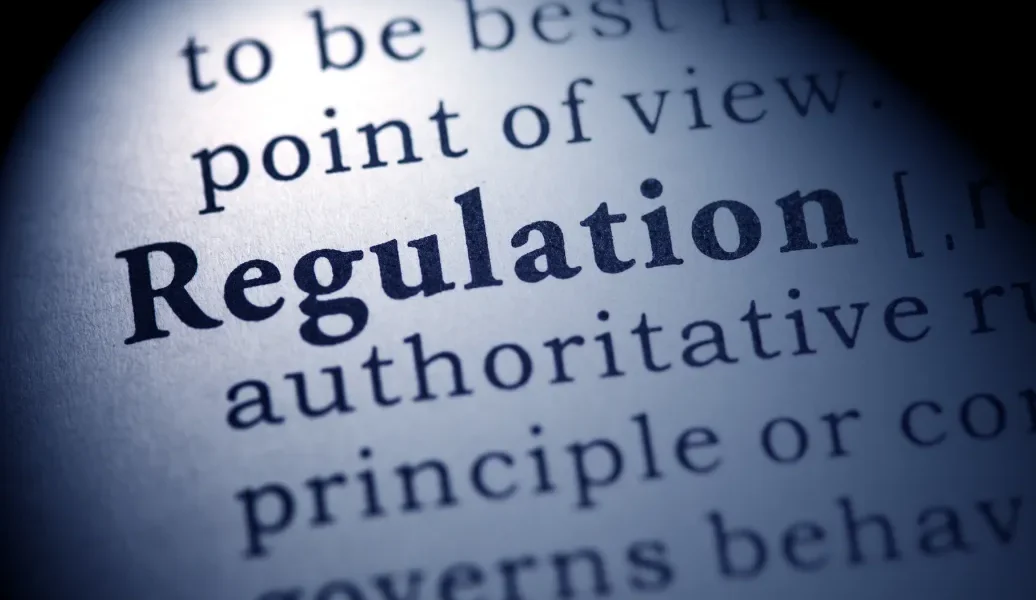Franchising has become an increasingly popular business model in the United Kingdom, allowing entrepreneurs to operate under established brands while benefitting from proven systems and support. From food and retail to care services and fitness, franchises contribute significantly to the UK economy and provide thousands of employment opportunities. Yet one of the most frequently asked questions by aspiring franchisees is whether franchising is formally regulated in the UK. The answer is more complex than a simple yes or no. Unlike some countries, the UK does not have specific franchise legislation. Instead, franchising is governed indirectly through existing areas of law and self-regulation within the industry. Understanding how this framework works is crucial for anyone considering entering a franchise agreement.
Lack of Specific Franchise Legislation
Unlike countries such as the United States or Australia, the UK does not have franchise-specific legislation. There is no single regulatory body or statutory code that governs how franchisors and franchisees must operate. This absence of regulation often surprises newcomers, who expect franchising to be tightly controlled due to the large financial and personal commitments involved.
Instead, the franchising relationship is primarily managed through contract law. The franchise agreement becomes the central legal document, setting out the rights and obligations of both parties. Because these agreements are often drafted by franchisors and can be heavily weighted in their favour, it is essential for potential franchisees to seek independent legal advice before signing.
The Role of Existing UK Laws
Although franchising is not regulated as a distinct sector, franchises must still comply with the wider framework of UK laws that apply to businesses generally. Employment law governs how franchisees manage staff, consumer protection legislation ensures fair treatment of customers, and competition law prevents anti-competitive practices. Additionally, intellectual property rights protect the franchisor’s brand, trademarks, and trade secrets.
This means that while there is no dedicated franchise law, the everyday operations of a franchise are still subject to strict rules and potential penalties for non-compliance. Both franchisors and franchisees must be aware of these legal obligations, as failing to adhere to them can lead to disputes, fines, or reputational damage.
Self-Regulation and Industry Standards
In the absence of government regulation, franchising in the UK is largely guided by self-regulation through industry bodies, the most prominent being the Quality Franchise Association (QFA). Established in 2018, the QFA sets ethical standards for franchising and accredits franchisors who demonstrate fair and transparent practices. Membership of the QFA is voluntary, but it is often seen as a mark of credibility within the industry.
The QFA provides guidance, training, and support to both franchisors and franchisees, encouraging good practice and helping to resolve disputes. For franchisees, choosing to work with a franchisor that is a QFA member offers reassurance that the brand has undergone scrutiny and meets recognised industry standards, even if this is not a legal requirement.
The Importance of Due Diligence
Because franchising is not formally regulated by law, the responsibility for protecting oneself lies heavily with the franchisee. Conducting thorough due diligence before entering an agreement is essential. This includes reviewing the franchise’s financial performance, speaking with existing franchisees, and consulting specialist franchise solicitors. Unlike regulated sectors where compliance is monitored by authorities, franchisees in the UK must be proactive in ensuring they understand the risks and commitments involved.
Due diligence is not only about financial security but also about cultural fit and long-term opportunity. Without statutory safeguards, franchisees need to be confident that the franchisor operates ethically and provides sufficient support for sustainable growth.
Summary
Franchising in the UK is not directly regulated by dedicated legislation, which sets it apart from some other markets. Instead, it is governed indirectly through contract law, general business legislation, and industry self-regulation led by bodies such as the Quality Franchise Association. This system places a greater emphasis on the individual responsibility of franchisees to conduct thorough research and seek professional advice before committing. While this lack of regulation allows flexibility and innovation within the sector, it also highlights the importance of due diligence and careful legal consideration. For anyone entering the franchise world in the UK, understanding this framework is key to making informed, confident decisions.

